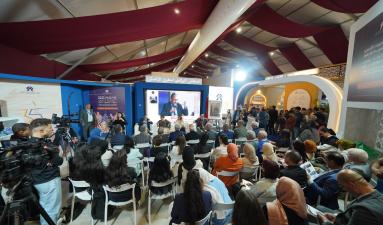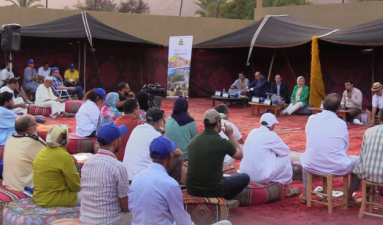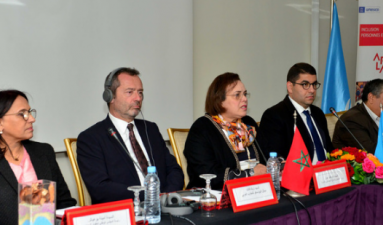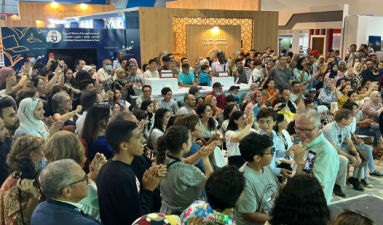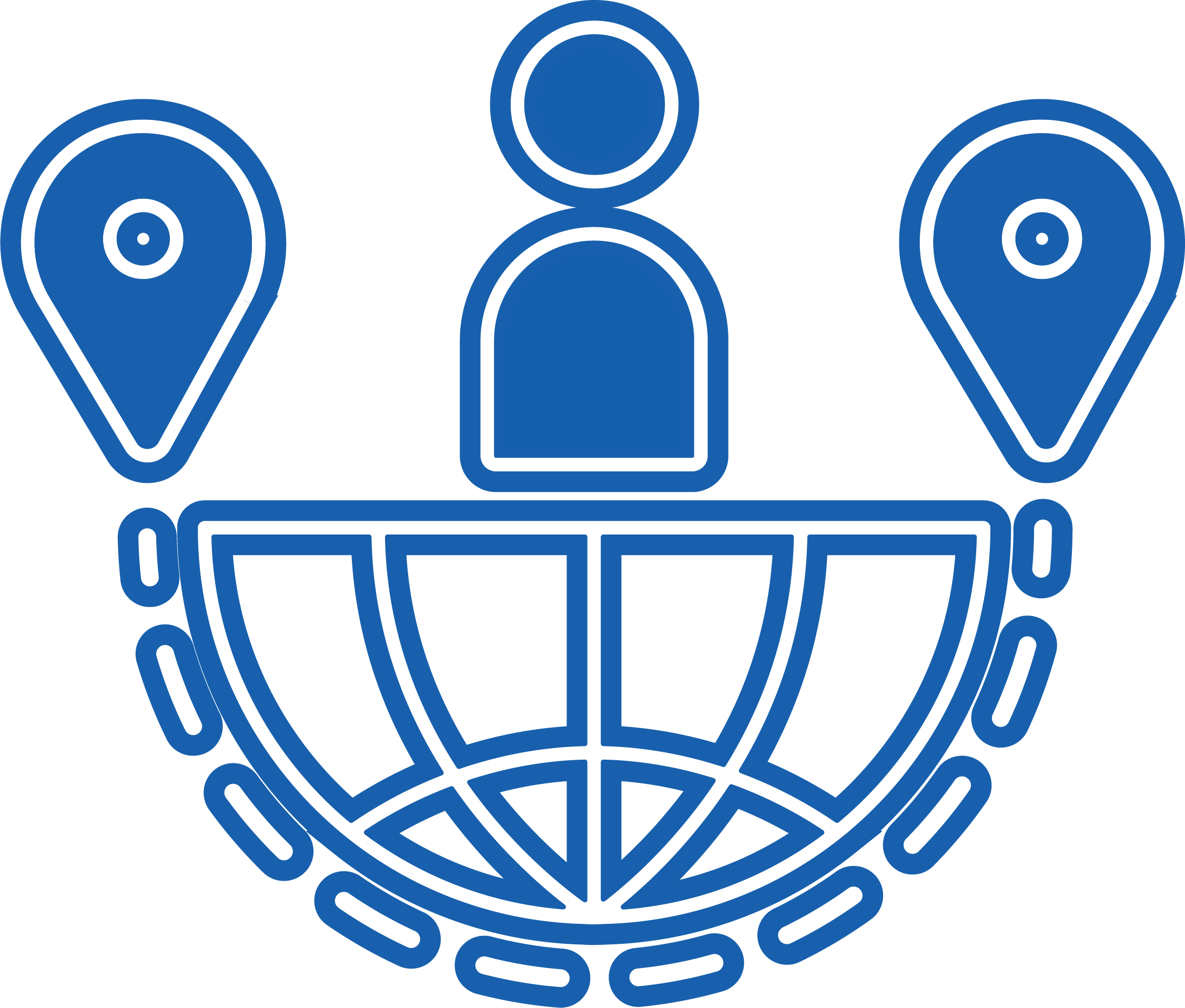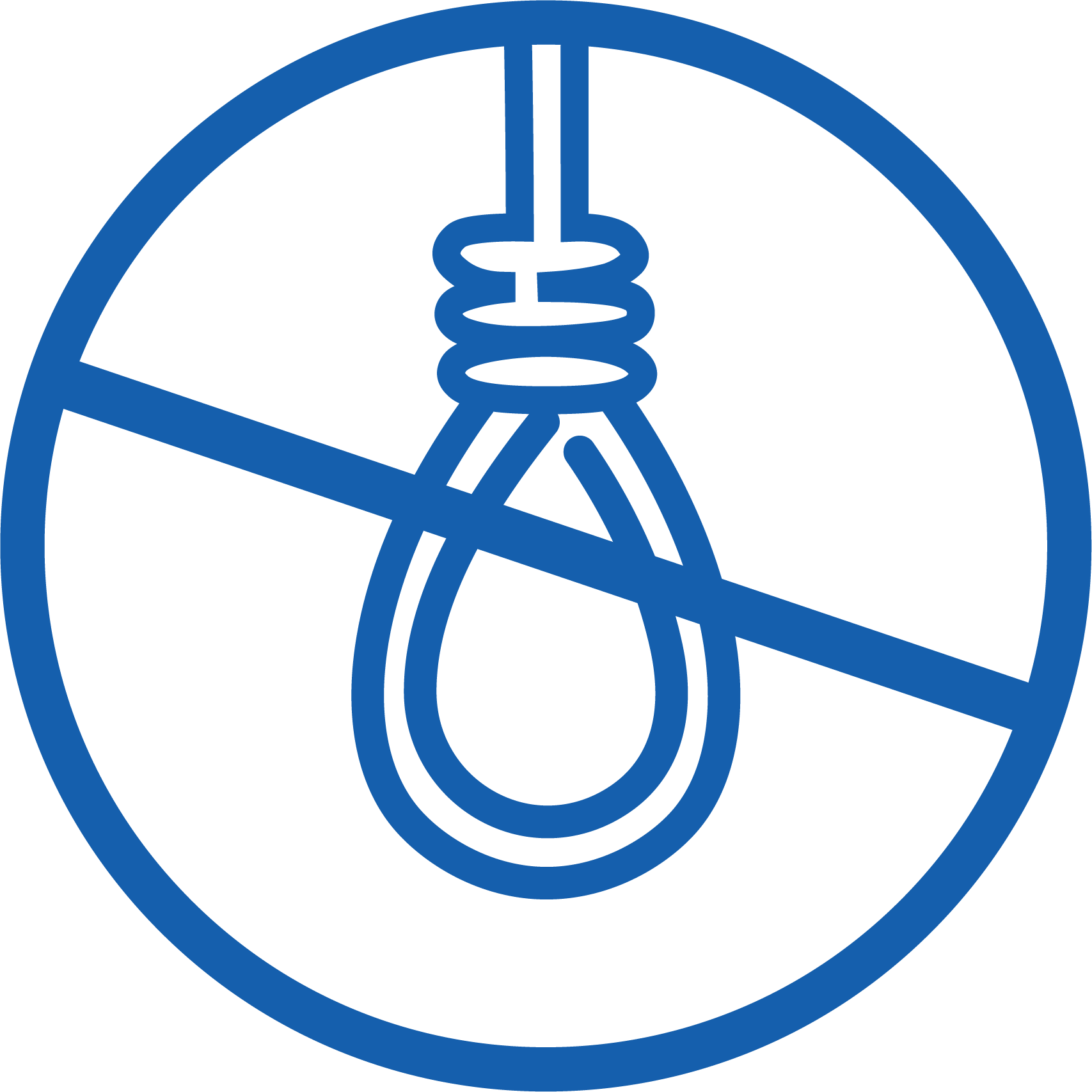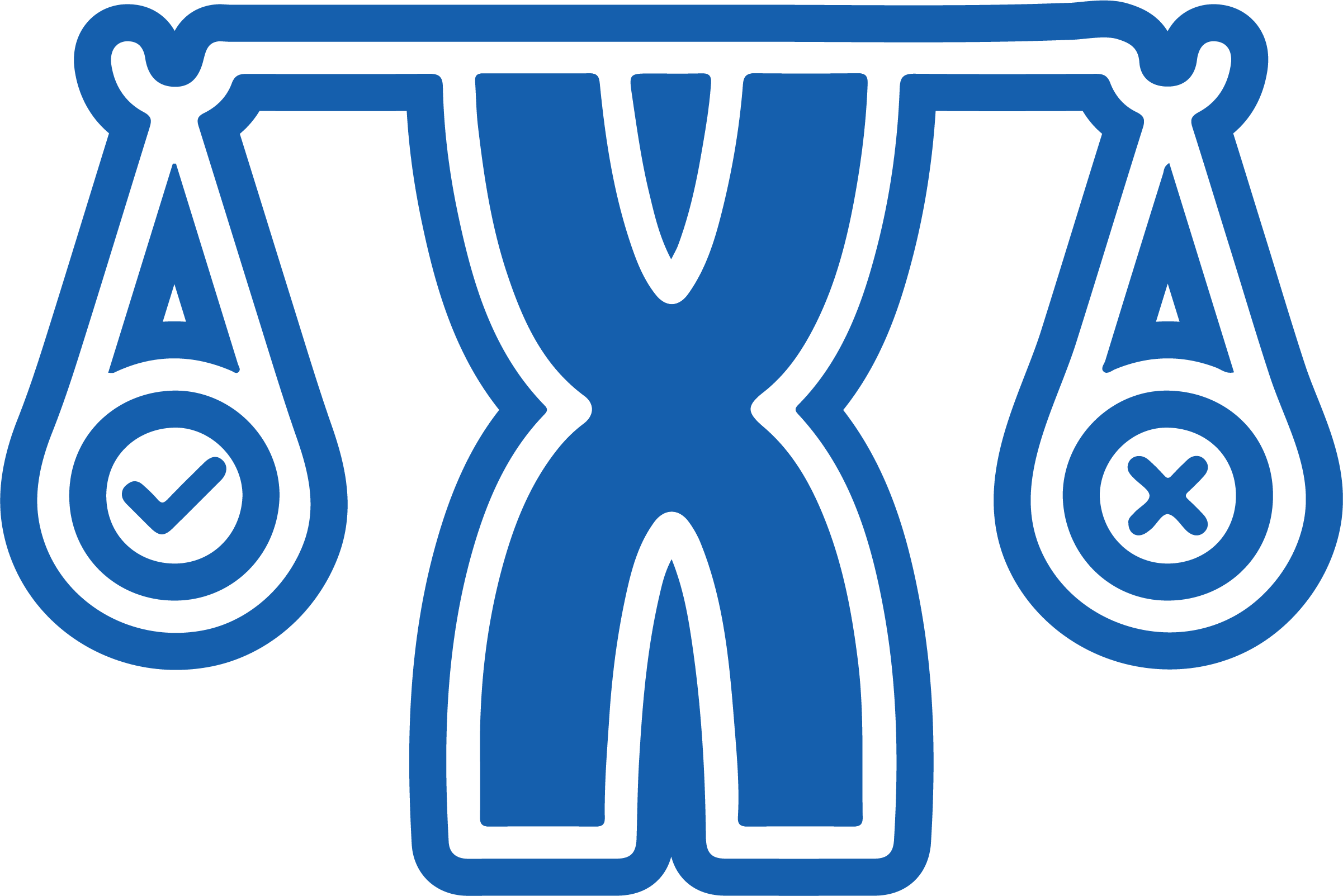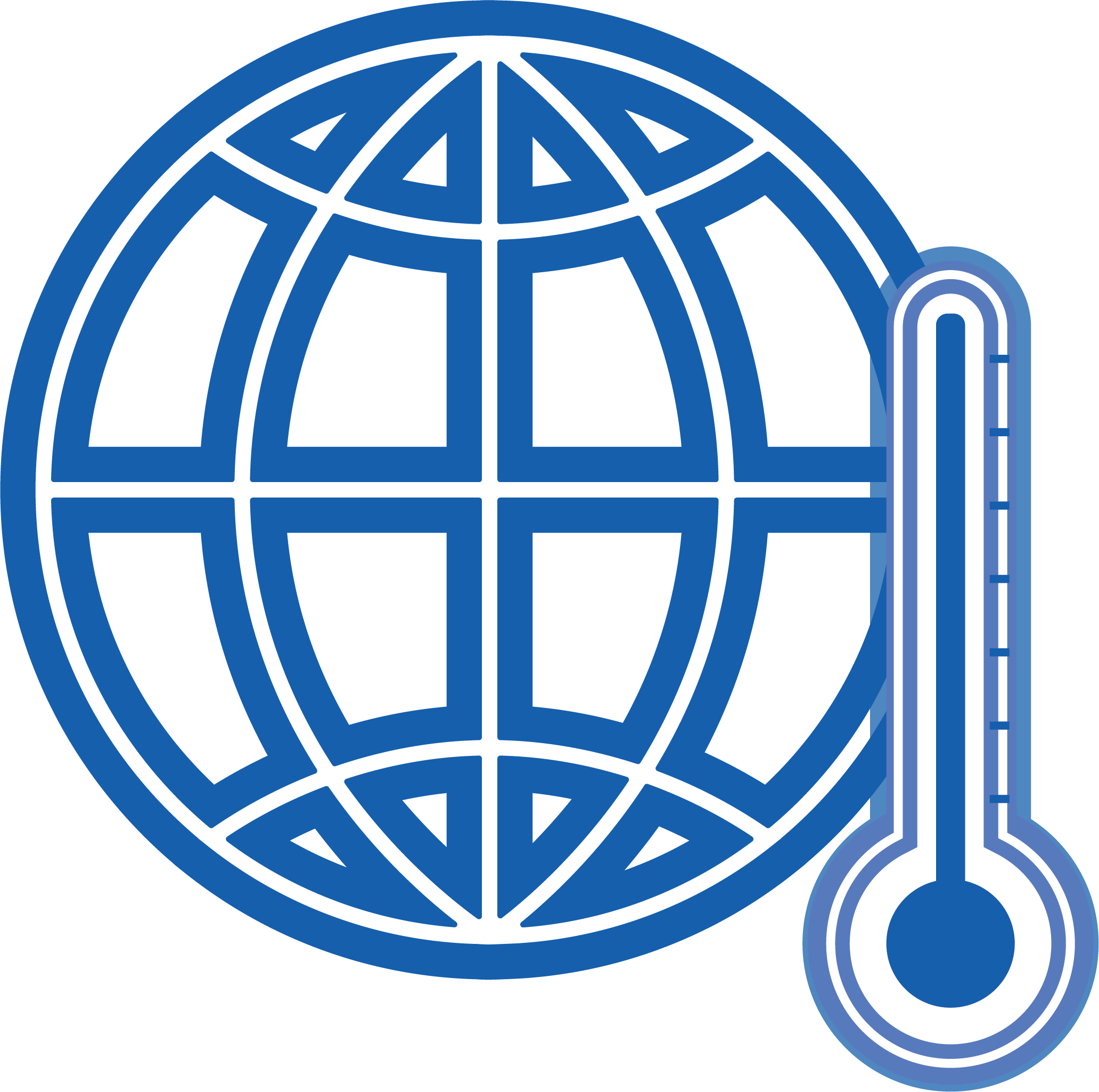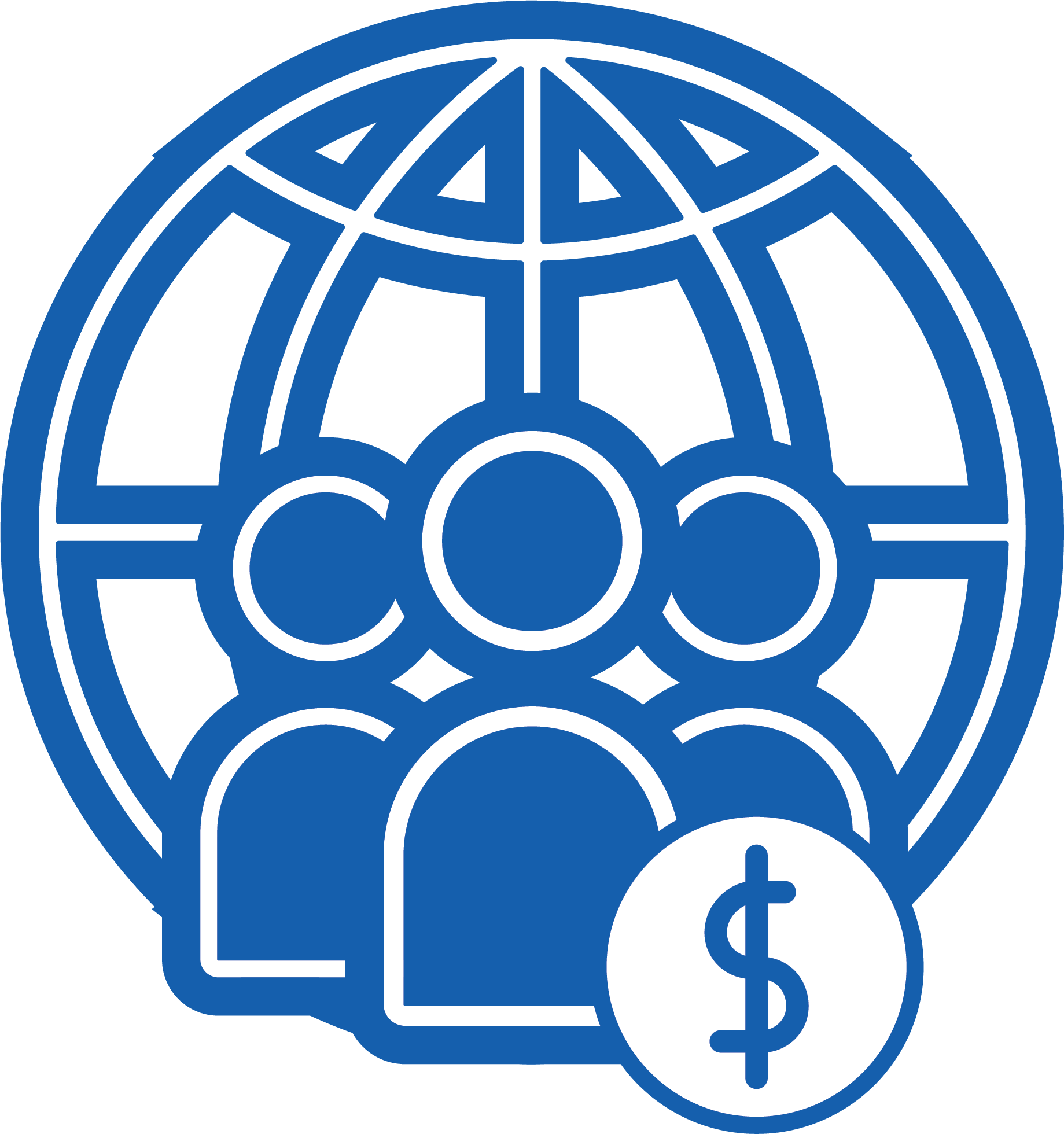The International Covenant on Economic, Social and Cultural Rights (ICESCR) establishes the right of every individual and their family to an adequate standard of living, covering essential needs such as food, clothing and shelter, with a provision for continuous improvement of living conditions. Recognizing the significance of these rights in ensuring a decent life and promoting social justice and sustainable development, the National Human Rights Council (CNDH) has placed economic, social and cultural rights among its strategic areas of action.
In line with its strategy centered on rights’ effectiveness, the Council conducted comprehensive thematic consultations in 2019, involving its Regional Commissions and various stakeholders. These meetings generated reports and opinions on the effectiveness of specific economic, social, and cultural rights.
Concerning the right to work, Morocco ratified three ILO conventions in 2020: C097 on Migration for Employment, C102 on Social Security, and C187 on the Promotional Framework for Occupational Safety and Health. CNDH identified key obstacles to the effective enjoyment of this right, including gender inequality limited integration of persons with disabilities in employment, child labor and restricted access to social protection security and healthcare. In response, the Council mainly advocates strengthening the country's conventional practice by ratifying the Optional Protocol to the International Covenant on Economic, Social and Cultural Rights (OP-ICESCR) and the enhancement of relevant mechanisms in line with labor developments.
Addressing the right to education, Morocco has undertaken educational reform through the implementation of Law No. 51.17. Despite these efforts, CNDH has identified critical issues in the education sector, including school dropout, challenges in primary education contributing to rising national illiteracy rates and a disconnect with labor market needs. In response, the Council emphasizes the need to address challenges related to the quality of public education. This includes addressing issues of academic failure, school dropout rates promoting primary education, providing training for educators and ensuring equality and quality for learners in both public and private educational institutions.
Amid the challenges posed by the COVID-19 pandemic, CNDH led its first collective effort focused on strengthening the effectiveness of the right to health. This initiative resulted in a thematic report released in 2022 on obstacles to citizens' access to healthcare, emphasizing issues such as inadequate health financing, shortages in healthcare facilities, a shortage of health personnel and migration of doctors and healthcare workers. In response to these challenges, the Council's report called for an adaptation of the legal framework for the health sector with a human rights-based approach. It also advocated for a multi-sectoral approach in drafting relevant laws, restructuring health institutional structures and increasing the budget for the health sector.
In regard to the right to housing, the Council suggests revitalizing the infrastructure in marginalized and impoverished neighborhoods. This initiative aims to ensure the consistent provision of electricity and potable water, fostering economic inclusion and social well-being for all communities. The goal is to achieve the right to adequate housing for all through comprehensive efforts that address both housing and the broader socio-economic context.
CNDH also prioritizes cultural rights within its action strategy. It supports the government's cultural programs aiming to enrich Morocco's pluralistic identity, reinforce citizenship values, facilitate access to artistic expressions, promote creativity and sustain efforts to endorse the official status of the Amazigh language. Notably, the Council has signed partnership agreements in 2019 with regional and national entities, focusing on the establishment of the Al Hoceima Museum, a project aimed at preserving the cultural, economic and environmental assets of the Rif region. CNDH consistently advocates for the integration of the Amazigh language into education, legal systems and public services and call for the preservation of Amazigh heritage across Morocco.

